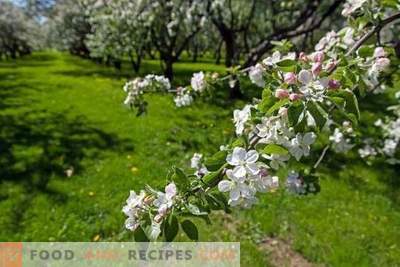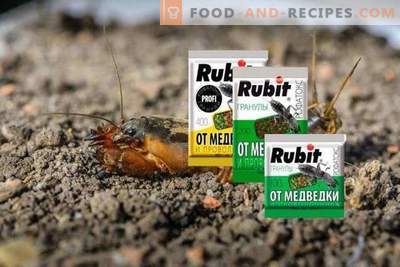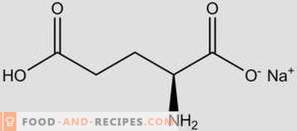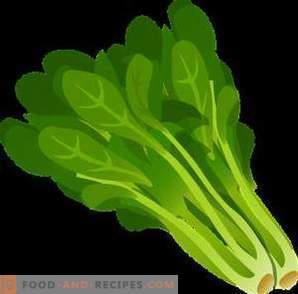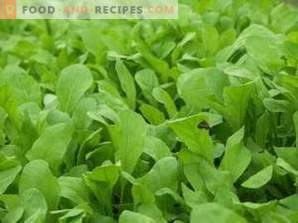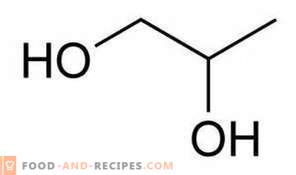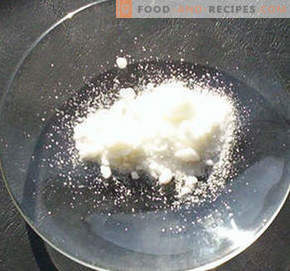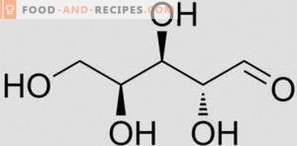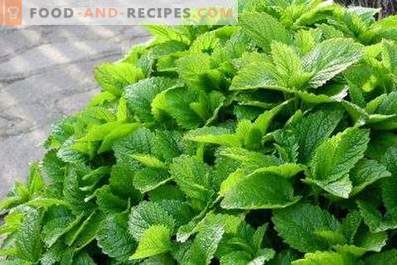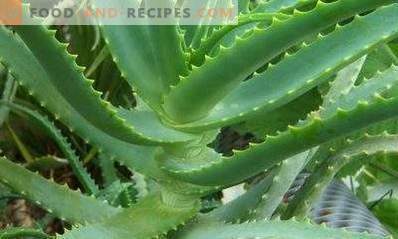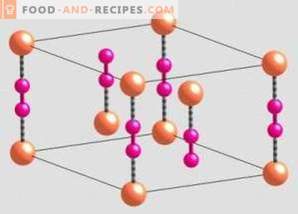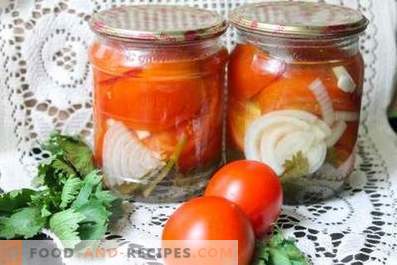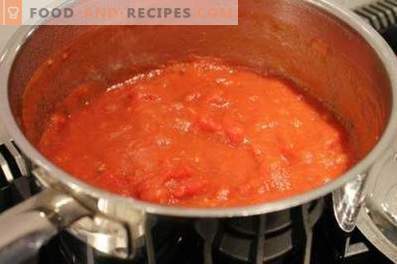It often happens that chemical insecticides, especially those that have been on the market for a long time, cease to act on pests due to the development of resistance (resistance) to the active substance, and then biological drugs can come to the aid, which, by the way, have a number of advantages. In this article, you will learn how Lepidocide will protect vegetable, berry, ornamental and fruit crops from leaf-eating pests.
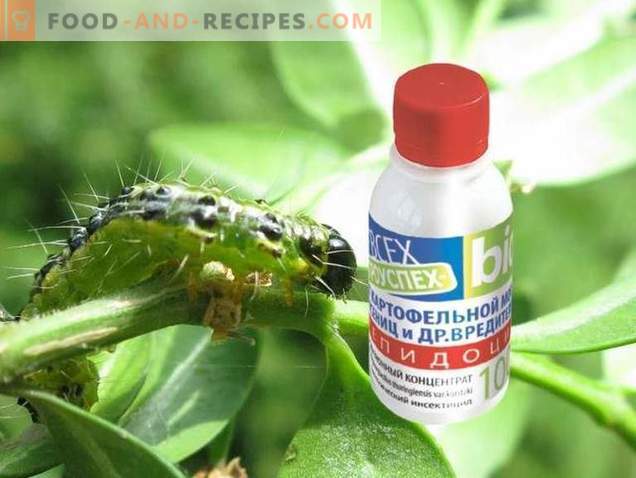
Lepidocide protects plants from moth, silkworm, nun, leafworm, scoop, meadow moth, white butterfly, moth, codling moth, moth, and other pests.
The drug kills the pest, getting inside its body, it does not accumulate in plants and is safe for people, animals and bees.
By the way, it is Lepidocid that helps preserve relict and young saplings of boxwood on the Black Sea coast of the Krasnodar Territory from boxwood fireworm, despite the fact that funds based on pyrethroids, phosphorus insecticides and neonicotinoids are inferior to it in terms of effectiveness, including due to the development of pest resistance to drugs.
Advantages of Lepidocide:
- It does not accumulate in plants and fruits and guarantees a product that is safe for health.
- Does not have phytotoxicity. The plant will not get burns or leaf fall, as can happen when using chemical insecticides.
- It is used in any phase of plant development. The waiting period is five days, which allows processing shortly before harvest.
- Compatible in tank mixes with chemical pesticides and biological products.
- It will help to solve the problem of resistance of populations of harmful insects to chemical pesticides.
- The drug is safe for humans, warm-blooded animals, fish, aquatic organisms, bees, and entomophages when the application rate is observed. According to the research center of toxicology and hygienic regulation of biological products (SIC TBP) of the Ministry of Health of the Russian Federation Lepidotsid (P, SK and SC-M) belongs to the 4th class of hazard
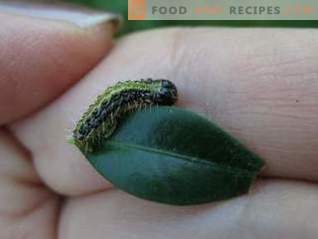
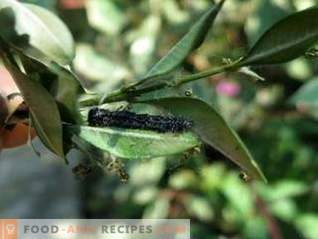
Active ingredient: Bacillus thuringiensis, var. kurstaki
Effects on harmful organisms
The death of the pest, depending on the dose of the drug, can occur from 1 to 4 days, but it is important that immediately after the treatment the caterpillars already have such damage to the intestinal tract, which makes it impossible for them to feed.
The highest efficacy of the drug is shown against the larvae of younger ages at an air temperature of 18-30 ° C. The mass death of insects occurs on the 2nd-5th day. The preparations have an effect on subsequent generations of insects - plant pests: ugly pupae appear in populations, and butterflies that emerge from them give an offspring unable to prolong the genus, the sex ratio also changes, the fecundity of females decreases. Bacillus thuringiensis based preparations, var. kurstaki retain their activity on the treated plants for 8-10 days. Resistance to drugs based on Bacillus thuringiensis, var. kurstaki is not observed.
Method of administration of Lepidocide
The solution is prepared on the day of spraying. It is important to strictly adhere to all the rules that are spelled out in the instructions attached to the preparation. The prepared mixture should be used during the day. Shake before use. Preparing the solution is very simple. First, the table determines the necessary rate of Lepidocide, which is diluted in pure water with a temperature of 20 degrees Celsius. Apply ready-made solution in dry weather, at an ambient temperature not exceeding 35 degrees Celsius.
Tip: The maximum effect will be achieved if plants are processed in the early stages, when the caterpillars of leaf-eating pests are only born.
Repeated spraying of plants should be carried out after 7-8 days. This is done only when the development of pests continues. The last processing is allowed to be carried out no later than 5 days before the harvest.
Despite the fact that the insecticide does not cause any harm to people due to safety measures, treatment should be carried out in special protective clothing covering the skin, gauze, glasses and gloves.
The reviews of plant growers and our own experience indicate that the insecticide in question has a lasting effect and does not require a lot of free time for processing plants.
Thus, we can recommend the drug Lepidocide to protect flowers, vegetables, fruit and berries and coniferous crops.
Source of photo site tvplaneta.ru Author photo Marina Denisenko
